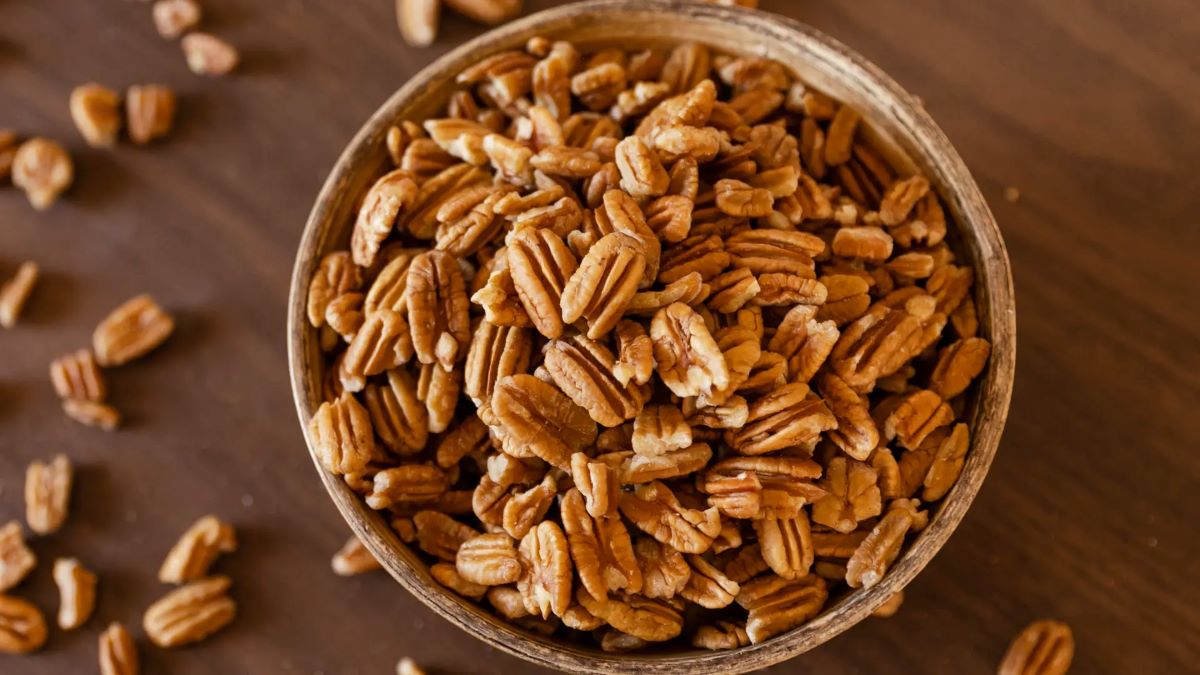

Articles
How To Store Pecans
Modified: January 8, 2024
Learn the best ways to store pecans and keep them fresh for longer with these helpful articles.
(Many of the links in this article redirect to a specific reviewed product. Your purchase of these products through affiliate links helps to generate commission for Storables.com, at no extra cost. Learn more)
Introduction
When it comes to storing pecans, proper handling and storage techniques can make all the difference in maintaining their freshness and flavor. Pecans, with their rich and buttery taste, are a popular ingredient in many recipes or can simply be enjoyed as a snack on their own. To ensure that your pecans stay fresh and tasty, it is important to store them correctly.
In this article, we will explore various methods for storing pecans, whether they are fresh, shelled, or cracked. We will also discuss how to freeze pecans for long-term storage and provide tips for extending their shelf life. By following these guidelines, you can keep your pecans at their best for months to come.
Key Takeaways:
- Proper storage is crucial for maintaining the freshness and flavor of pecans, whether they are fresh, shelled, or cracked. Following the right techniques can significantly extend their shelf life and ensure optimal taste and texture.
- Freezing pecans is an excellent long-term storage option, allowing you to enjoy their delectable taste throughout the year. Proper packaging and labeling of portions are key for maintaining their quality.
Read more: How To Store Unshelled Pecans
Choosing and Selecting Pecans
Before we dive into the proper storage techniques, it is important to start with high-quality pecans. When choosing pecans, look for ones that are uniform in size and shape. Avoid pecans with cracks, mold, or off-smelling odors, as these can indicate that the pecans are old or spoiled.
When possible, opt for pecans that are still in their shells. Shelled pecans have a higher chance of exposure to air, which can lead to faster deterioration. Additionally, shelled pecans are more susceptible to absorbing odors from their surroundings, which can impact their flavor.
If you have the option, consider purchasing pecans from a trusted source such as a local farmer’s market or a specialty store. This way, you can ensure that you are getting fresh, high-quality pecans that have not been sitting on the shelf for an extended period of time.
When selecting pecans, give them a gentle squeeze. Fresh pecans should feel firm and not have any soft spots or sponginess. If the pecans feel soft or have an oily texture, they may be rancid.
Lastly, consider the variety of pecans you are purchasing. Different varieties have varying taste profiles and textures. Some popular varieties include the Desirable, Elliott, and Pawnee pecans. Experiment with different varieties to find the one that suits your preferences best.
Storing Fresh Pecans
If you have purchased fresh pecans in the shell, it is essential to store them properly to maintain their freshness. Here are some tips for storing fresh pecans:
1. Keep them cool: Pecans are best stored in a cool environment, ideally around 40 to 45 degrees Fahrenheit (4 to 7 degrees Celsius). This helps slow down the oxidation process and extends their shelf life.
2. Avoid direct sunlight and heat: Keep your pecans away from direct sunlight and heat sources, as they can accelerate the rancidity process. Store them in a dark and cool pantry or refrigerator.
3. Use proper containers: Store pecans in an airtight container or resealable bag to prevent air and moisture exposure. This helps maintain their crispness and prevents them from absorbing odors from other foods.
4. Consider refrigeration: If you live in a warm climate or plan to store your fresh pecans for an extended period, refrigeration can be a good option. Just make sure to place them in a sealed container or resealable bag to protect them from moisture.
5. Check for freshness: Regularly inspect your stored pecans for any signs of spoilage, such as mold or an off odor. If you notice any issues, discard them immediately to prevent contamination of the rest of your pecans.
Remember, fresh pecans have a shorter shelf life compared to shelled or cracked pecans. It’s best to consume them within a few weeks to enjoy their optimal taste and texture. If you plan to store pecans for a longer period, consider shelling or cracking them before storage for better preservation.
Storing Shelled Pecans
Storing shelled pecans requires a slightly different approach compared to storing them in the shell. Here are some guidelines to ensure the longevity and freshness of your shelled pecans:
1. Choose the right container: Store shelled pecans in an airtight container or resealable bag to protect them from air and moisture. This prevents them from becoming stale or absorbing any unwanted flavors from their surroundings.
2. Consider the refrigerator: Shelled pecans can benefit from refrigeration, especially if you live in a warmer climate. The cool temperature of the refrigerator helps preserve their freshness and extends their shelf life.
3. Avoid the freezer for short-term storage: Unlike other types of nuts, shelled pecans do not need to be stored in the freezer for short-term storage. Instead, keep them in a cool and dark pantry or the refrigerator to maintain their flavor and texture.
4. Freeze for long-term storage: If you plan to store shelled pecans for an extended period, consider freezing them. Place the pecans in an airtight container or freezer bag and store them in the freezer. Properly frozen pecans can retain their quality for up to a year.
5. Thawing frozen pecans: When you’re ready to use your frozen pecans, thaw them slowly in the refrigerator. This gradual thawing process will help maintain their texture and flavor. Avoid thawing them at room temperature, as it can lead to moisture build-up and potential spoilage.
6. Take out what you need: To minimize exposure to air and moisture, only remove the amount of shelled pecans you need for a particular recipe or snacking session. Keeping the rest stored in airtight containers helps them stay fresh for a longer period.
Remember to regularly check your stored shelled pecans for any signs of spoilage. If you notice any mold, off odors, or a rancid taste, it is best to discard them to prevent contamination of the remaining pecans.
Storing Cracked Pecans
If you have cracked pecans and want to store them for future use, it is important to follow proper storage techniques to maintain their quality. Here are some tips for storing cracked pecans:
1. Remove shell remnants: Before storing cracked pecans, make sure to remove any shell remnants or debris. These can contribute to faster spoilage and affect the taste and texture of the pecans.
2. Store in airtight containers: Place the cracked pecans in airtight containers or resealable bags to protect them from moisture and air exposure. This helps prevent them from becoming stale and losing their flavor.
3. Choose a cool location: Store your cracked pecans in a cool and dark area, like a pantry or a cupboard away from direct sunlight or heat sources. The temperature should ideally be around 40 to 45 degrees Fahrenheit (4 to 7 degrees Celsius) for optimal preservation.
4. Consider refrigeration: If you live in a warm and humid climate or plan to store cracked pecans for an extended period, refrigeration can help prolong their shelf life. Just ensure they are stored in airtight containers.
5. Check for rancidity: Regularly inspect your stored cracked pecans for signs of rancidity. If they have an off odor or taste, it is best to discard them to avoid affecting the rest of the pecans.
6. Use within a reasonable timeframe: Cracked pecans, even when stored properly, will not last as long as whole pecans. It is recommended to use them within six months to a year to enjoy the best flavor and quality.
7. Label and date: To keep track of the storage period, label the containers or bags with the date they were cracked and stored. This will help ensure you use the oldest pecans first and avoid any potential waste.
By following these storage guidelines, you can keep your cracked pecans fresh and ready to be enjoyed in a variety of recipes or as a delicious snack.
Store pecans in an airtight container in the refrigerator or freezer to keep them fresh for longer. This will help prevent them from becoming rancid due to their high oil content.
Read more: How To Store Roasted Pecans
Freezing Pecans for Long-Term Storage
Freezing pecans is an excellent method for long-term storage, allowing you to enjoy their freshness and flavor for an extended period. Here’s how to properly freeze pecans:
1. Pre-freeze preparation: Before freezing pecans, it’s crucial to prepare them correctly. Start by shelling the pecans and removing any shell remnants or debris. It’s also a good idea to give them a quick rinse and thoroughly dry them to remove any residual moisture.
2. Divide into portions: Divide the pecans into smaller portions based on your intended use. It’s more convenient to freeze them in smaller quantities so you can thaw only what you need without repeatedly freezing and refreezing the entire batch.
3. Wrap in layers: Wrap each portion of pecans tightly in plastic wrap or place them in airtight freezer bags. Make sure to remove as much air as possible before sealing the container. This helps prevent the pecans from getting freezer burn or absorbing any odors.
4. Label and date: Don’t forget to label the packages or bags with the date of freezing. This allows you to keep track of their storage time and use the oldest pecans first.
5. Freeze at optimal temperature: Place the wrapped pecans in the freezer, ideally set at or below 0 degrees Fahrenheit (-18 degrees Celsius). Maintaining a constant and low temperature is crucial for preserving the quality of the pecans.
6. Thawing frozen pecans: When you’re ready to use the frozen pecans, remove the desired portion from the freezer and thaw them in the refrigerator. Slow thawing helps retain their texture and flavor. Avoid thawing them at room temperature, as it can result in moisture build-up and potential spoilage.
It’s important to note that while properly frozen pecans can remain good for up to a year, their quality may deteriorate over time. For optimal flavor and texture, try to use them within 6 to 9 months of freezing. Always trust your senses, and if you notice any off odors or flavors, it’s best to discard them.
Freezing pecans is a fantastic option if you have a surplus or want to stock up during the pecan season. By following these steps, you can enjoy the delicious taste of pecans throughout the year without worrying about them losing their quality.
Properly Packaging Pecans for Storage
The way you package pecans for storage plays a vital role in maintaining their freshness and protecting them from air, moisture, and other external factors. Here are some guidelines for properly packaging pecans:
1. Airtight containers: Choose airtight containers that can effectively seal out air and moisture. Glass jars with tight-fitting lids or food-grade plastic containers with secure seals are excellent options. Avoid using containers that are not airtight, such as paper bags or open bowls.
2. Resealable bags: If you opt for resealable bags, make sure they are specifically designed for food storage and have reliable seals. Press out as much air as possible before sealing the bags to reduce the risk of oxidation.
3. Vacuum sealing: Vacuum sealing is an excellent method for long-term storage. It removes air from the packaging, significantly extending the shelf life of pecans. If you have a vacuum sealer, consider using it to package your pecans.
4. Divide into smaller portions: Instead of storing all your pecans in a single container, divide them into smaller portions. This way, you can access only what you need without exposing the rest of the pecans to air or potential contamination.
5. Label and date: Always label your pecan containers or bags with the date they were packaged. This helps you keep track of their freshness and use the oldest pecans first.
6. Store in a cool, dark place: Pecans are best stored in a cool area away from direct sunlight and heat sources. Choose a dark pantry or cupboard that maintains a relatively stable temperature. Avoid storing pecans near appliances that generate heat, such as stoves or ovens.
7. Avoid storing near strong-smelling foods: Pecans can easily absorb odors from their surroundings. Keep them away from strong-smelling foods like onions, garlic, or spices that could affect their flavor.
8. Repackage if necessary: In case you notice any signs of moisture or spoilage within your packaged pecans, it is best to repack them immediately to prevent further deterioration. Remove any spoiled or questionable pecans and transfer the rest to fresh, clean packaging.
By following these packaging guidelines, you can ensure that your pecans stay fresh, flavorful, and protected for an extended period. Proper packaging is key to preserving their quality and enhancing their shelf life.
Tips for Extending Pecan Shelf Life
To maximize the shelf life of pecans and keep them fresh and flavorful for as long as possible, here are some helpful tips:
1. Proper storage temperature: Pecans should be stored in a cool environment with a temperature range of 40 to 45 degrees Fahrenheit (4 to 7 degrees Celsius). Avoid storing them in warmer areas, as higher temperatures can accelerate the growth of bacteria and shorten their shelf life.
2. Air and moisture control: Protect pecans from air and moisture to prevent them from becoming stale or rancid. Store them in airtight containers or resealable bags to minimize exposure to oxygen and humidity.
3. Regular inspection: Regularly inspect your stored pecans for any signs of spoilage, such as mold, unusual odors, or a bitter taste. If you come across any pecans that appear to be spoiled, it is important to discard them immediately to prevent contamination of the rest.
4. Rotate stock: If you tend to buy pecans in bulk or store them for an extended period, practice the “first in, first out” method. Use the oldest pecans first and replenish your stock with fresh ones. This ensures that you consume pecans at their peak freshness.
5. Keep pecans in the shell: Pecans stored in their shells have a longer shelf life compared to shelled pecans. The shell acts as a protective barrier, reducing exposure to air and moisture. Shell pecans just before use to retain their freshness for a longer period.
6. Avoid excessive handling: Limit the amount of handling of pecans, as excessive touching can transfer oils from your skin, which may cause them to become rancid more quickly. Use clean utensils or wear gloves when handling pecans.
7. Store away from ethylene producers: Ethylene gas speeds up the ripening process and can cause pecans to spoil faster. Avoid storing pecans near ethylene-producing fruits, such as apples, bananas, and peaches.
8. Consider refrigeration for long-term storage: If you have a large quantity of pecans or live in a warm climate, you may want to store them in the refrigerator to extend their shelf life. Just ensure they are stored in airtight containers or bags to prevent moisture absorption.
By following these tips, you can extend the shelf life of your pecans and enjoy their freshness and flavor for a longer time. Good storage practices and regular inspection are key to preserving the quality of pecans and ensuring an optimal culinary experience.
Conclusion
Proper storage techniques are essential for maintaining the freshness and flavor of pecans. Whether you have fresh pecans, shelled pecans, or cracked pecans, following the right storage methods can significantly extend their shelf life. Additionally, freezing pecans can be an excellent option for long-term storage, allowing you to enjoy their delectable taste throughout the year.
When selecting pecans, choose high-quality ones that are free from cracks, mold, or off odors. Store fresh pecans in a cool and dark place, while shelled pecans should be kept in airtight containers or bags, preferably in the refrigerator. Cracked pecans can also be stored in airtight containers in a cool environment. Freezing pecans is a great technique for long-term storage, with proper packaging and labeling of portions. Thaw frozen pecans in the refrigerator to maintain their texture and flavor.
By following the tips provided in this article, you can not only prolong the shelf life of your pecans but also ensure that they retain their exceptional taste and texture. Regularly inspect your stored pecans and discard any spoiled ones to prevent contamination. Rotating your stock and avoiding excessive handling can further help in preserving their freshness.
Remember, while pecans have a relatively long shelf life, it is always best to use them within a reasonable timeframe to enjoy their optimal taste. So, whether you’re using pecans for baking, cooking, or enjoying them as a snack, proper storage practices are key to maintaining their quality.
With these storage tips in mind, you can now confidently store your pecans and savor their delightful flavor for your culinary creations or to enjoy as a nutritious and delicious snack all year round.
Frequently Asked Questions about How To Store Pecans
Was this page helpful?
At Storables.com, we guarantee accurate and reliable information. Our content, validated by Expert Board Contributors, is crafted following stringent Editorial Policies. We're committed to providing you with well-researched, expert-backed insights for all your informational needs.
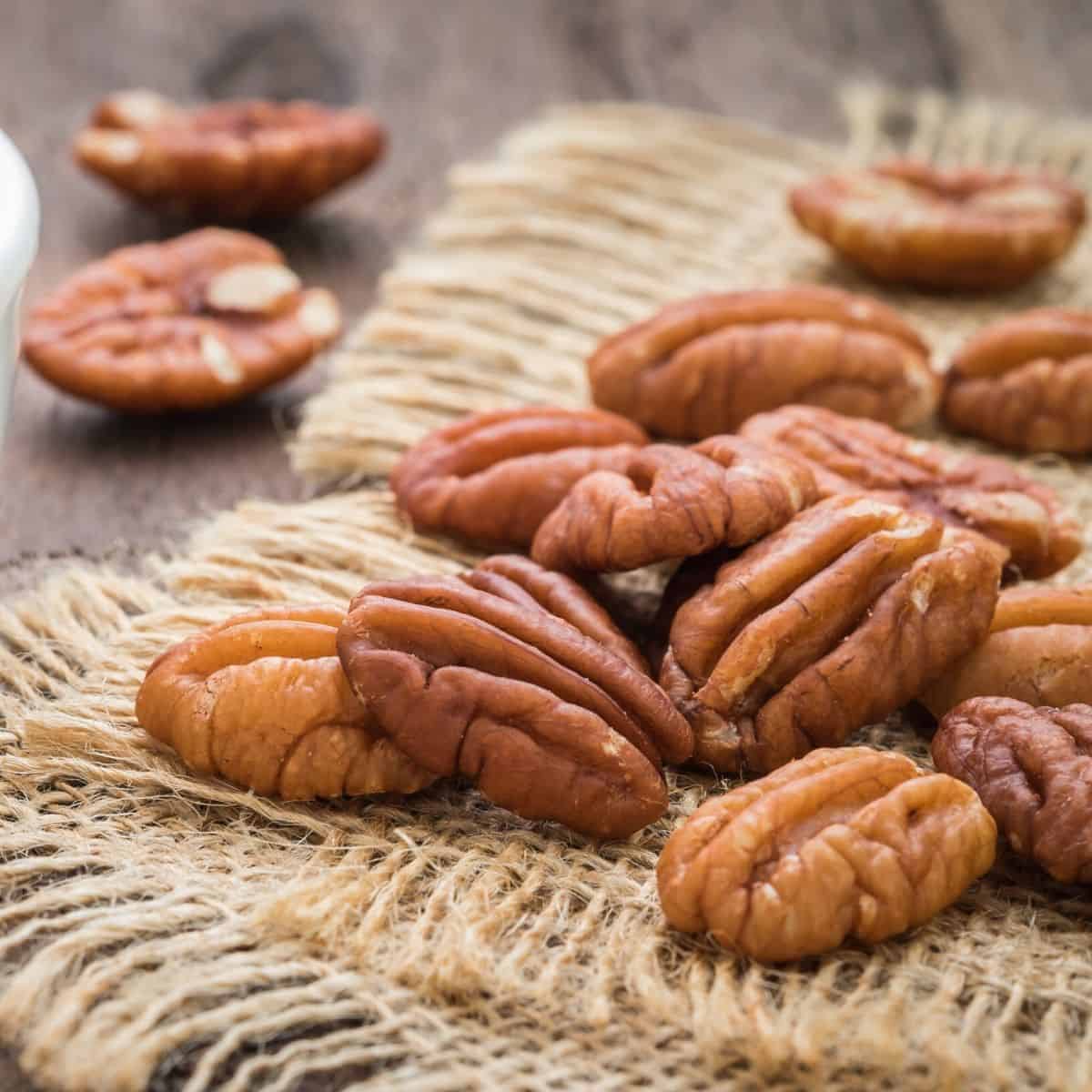

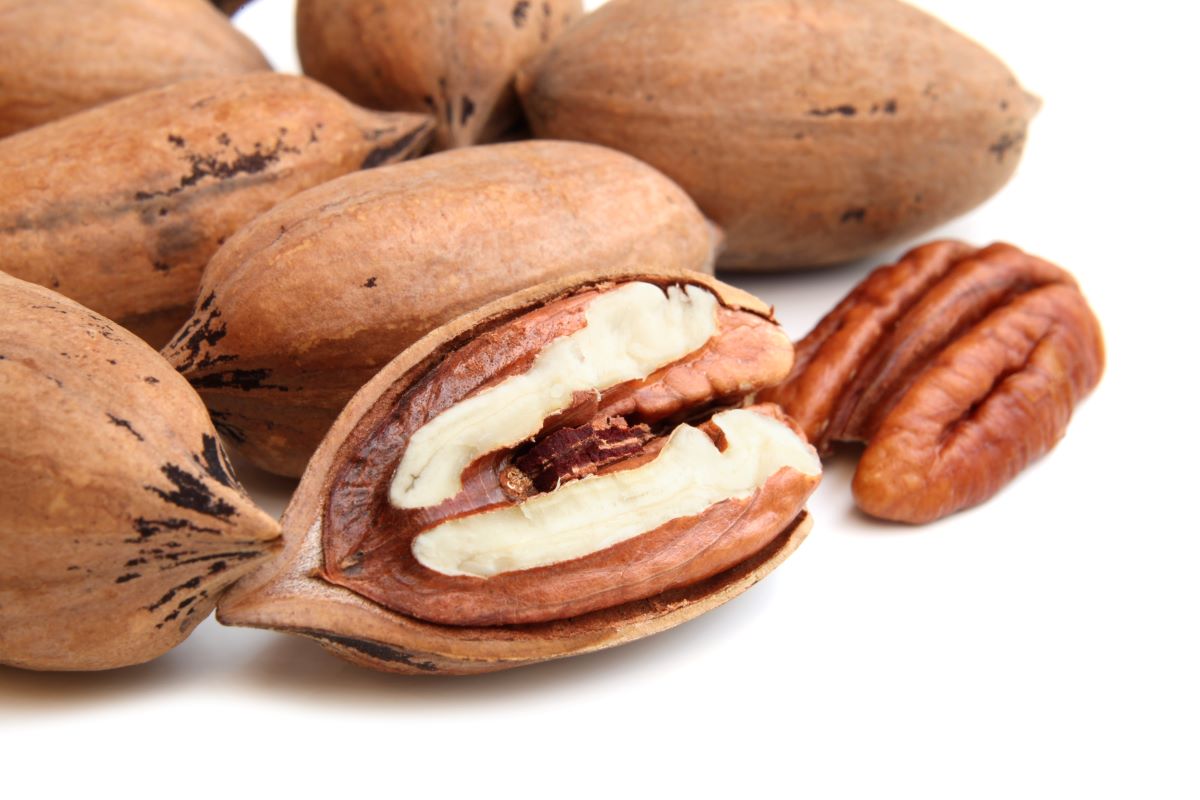

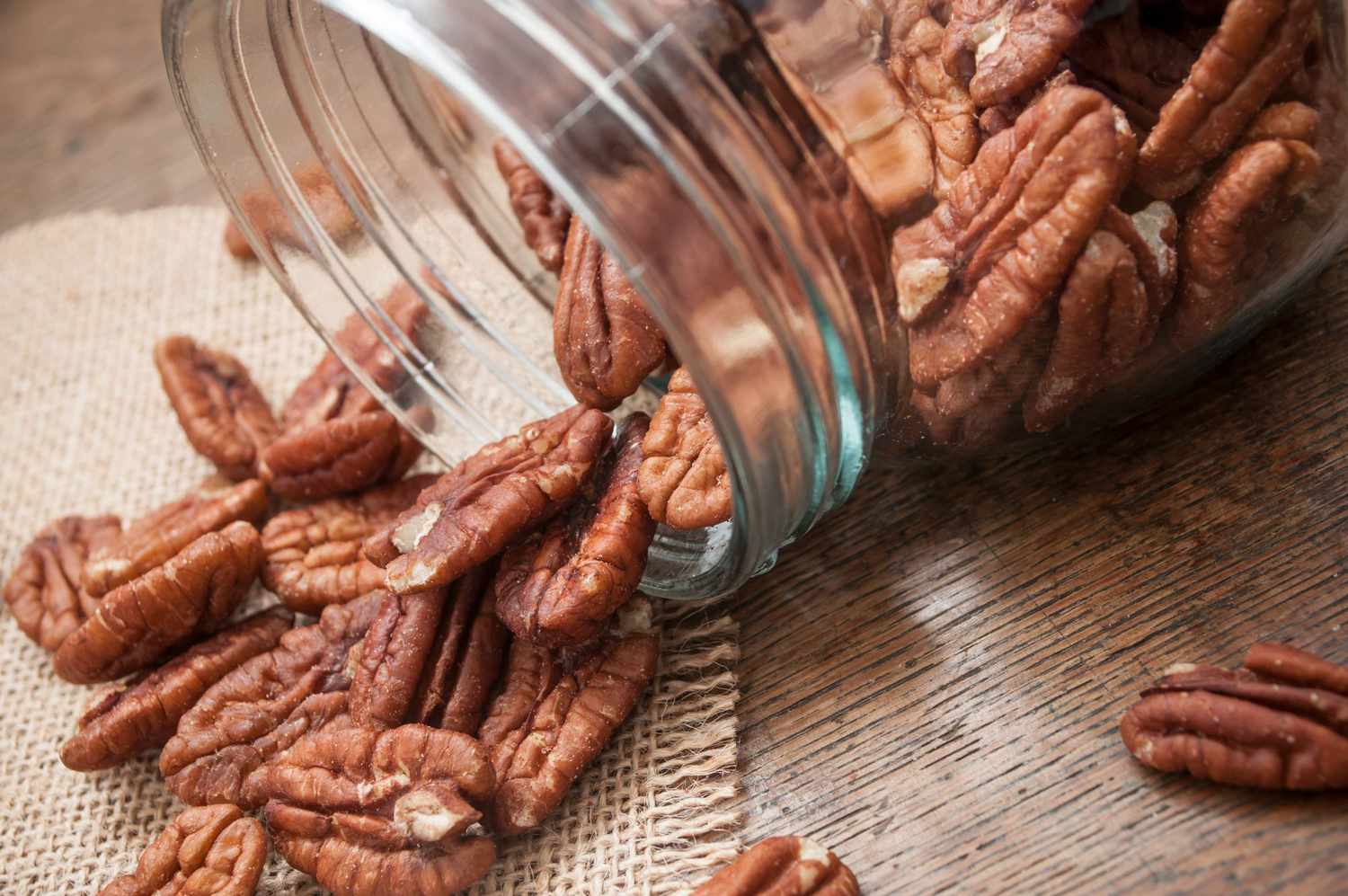
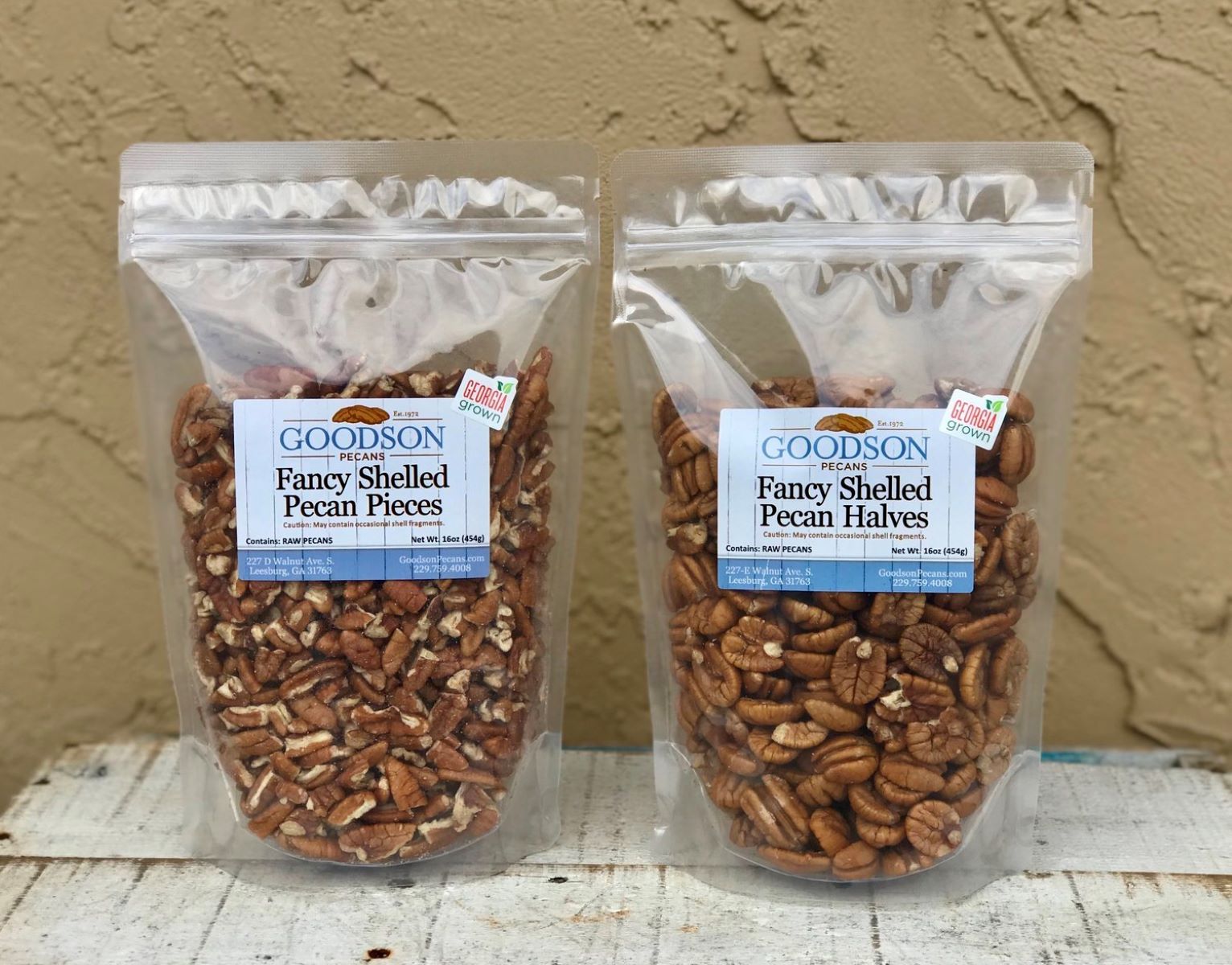
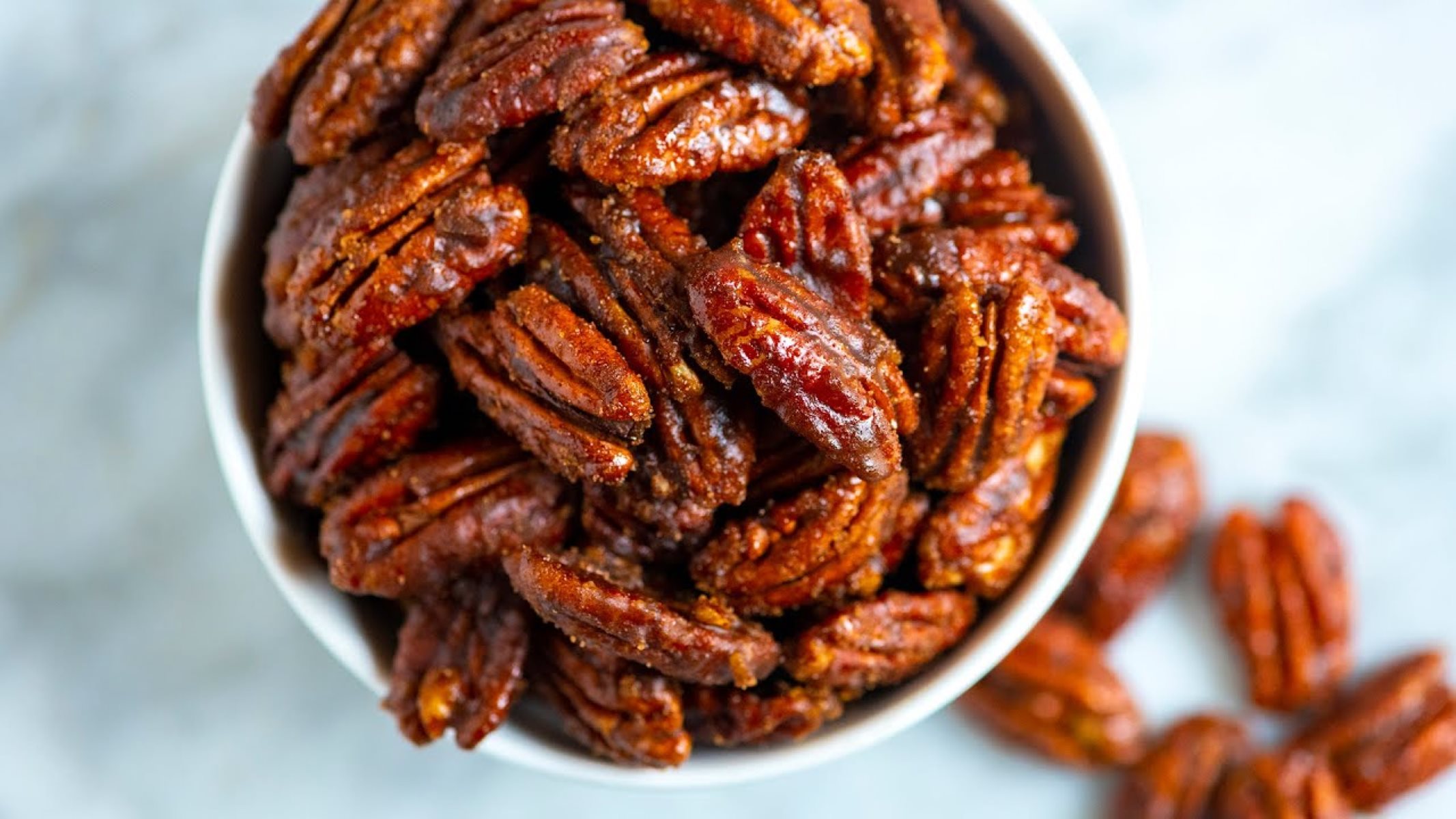
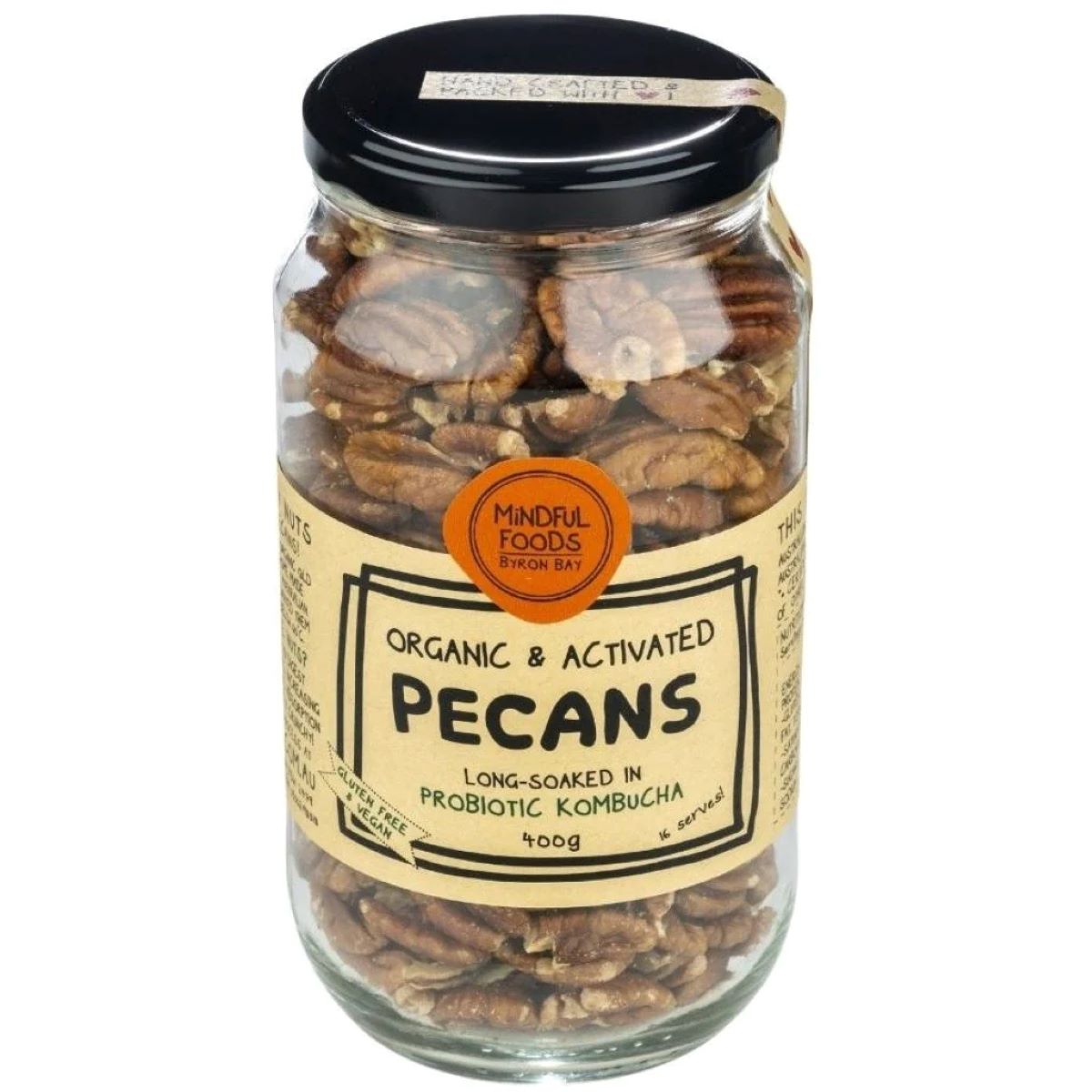
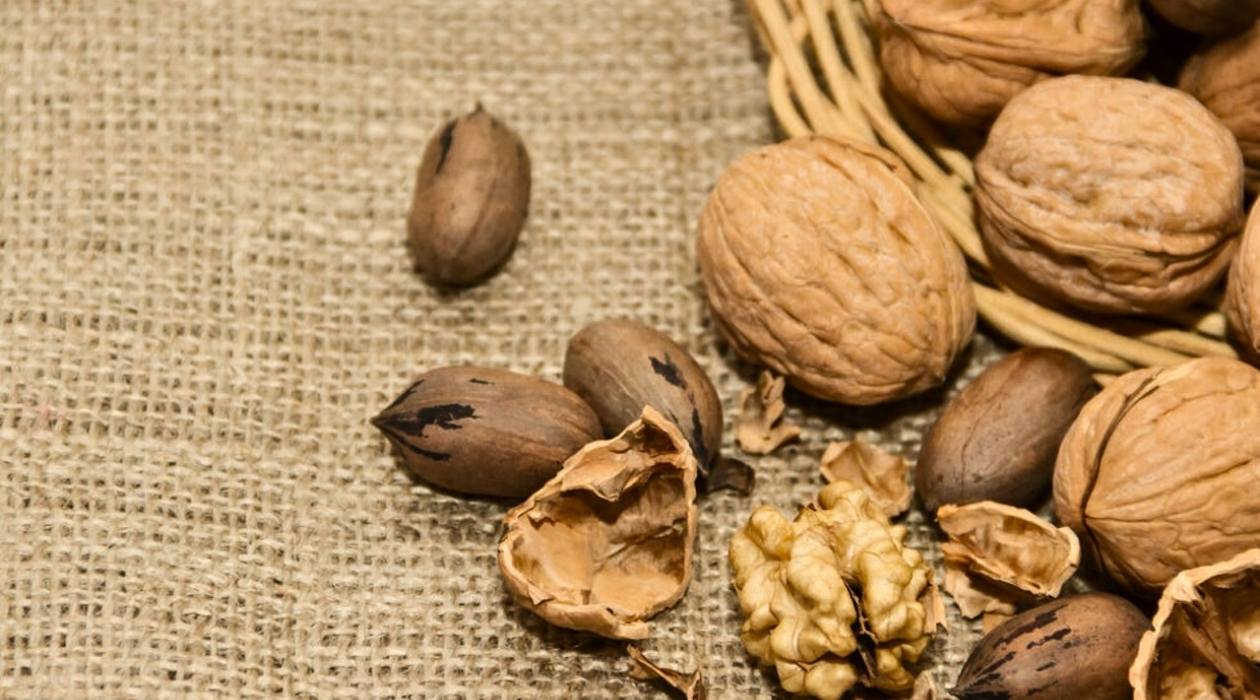
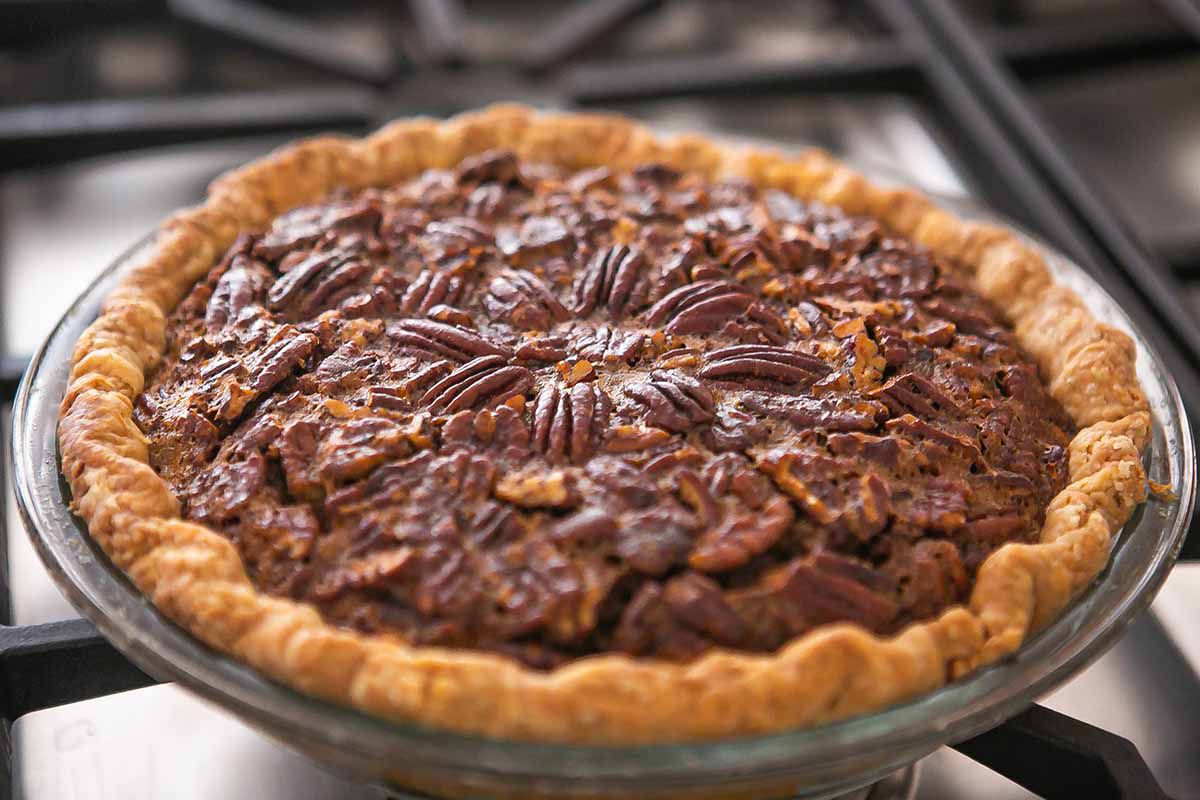
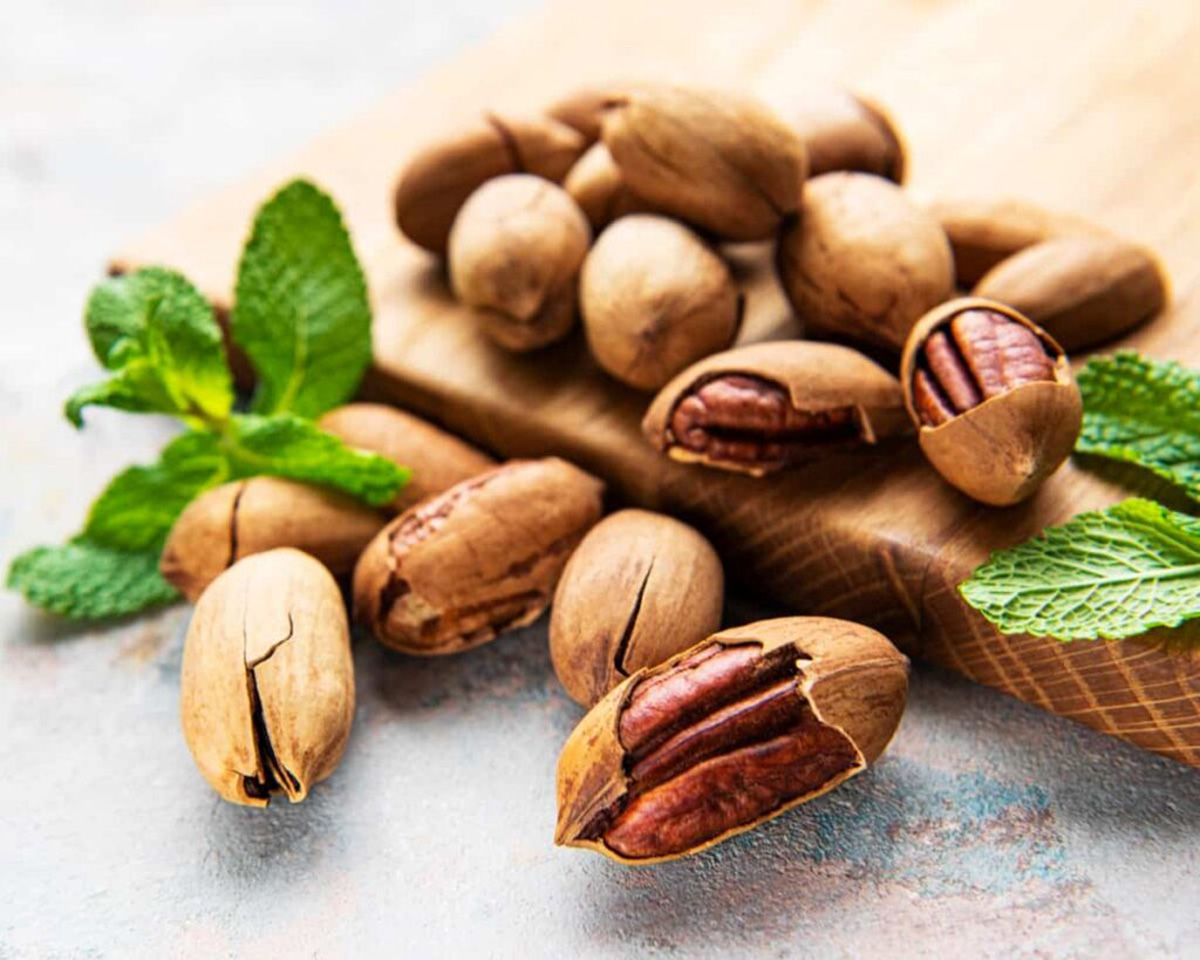
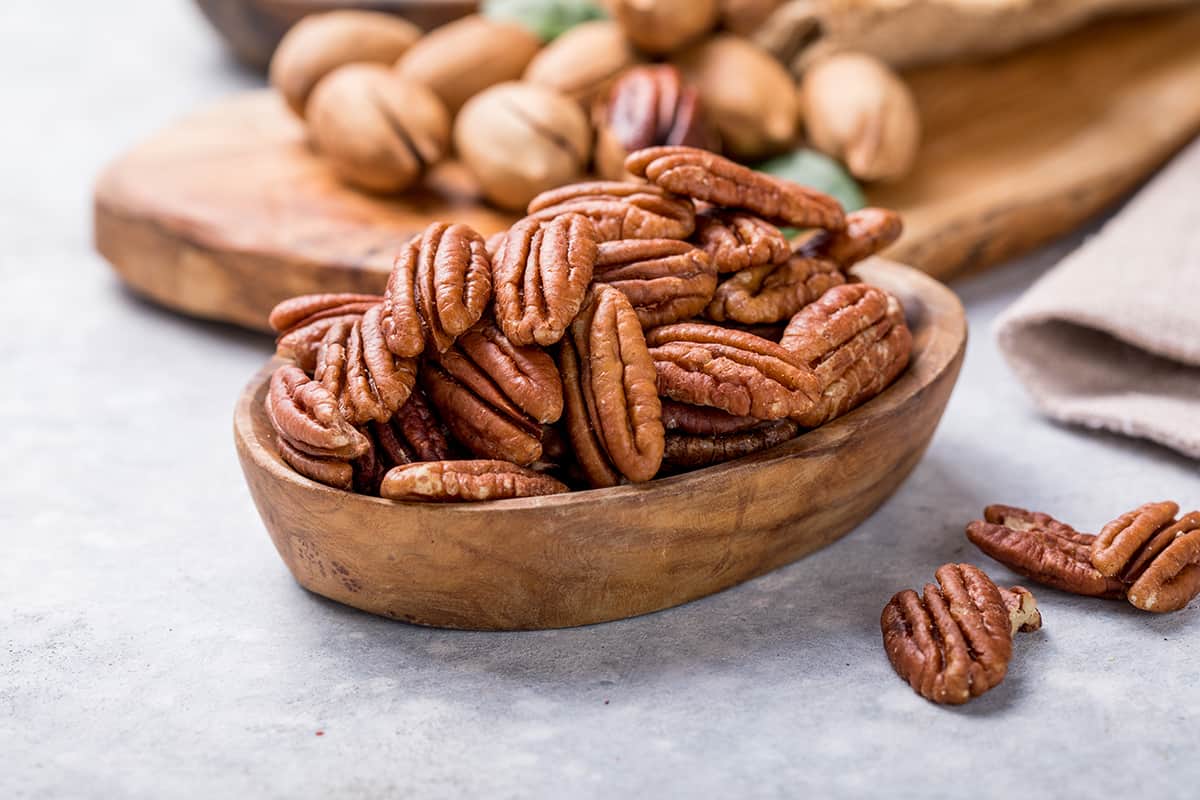
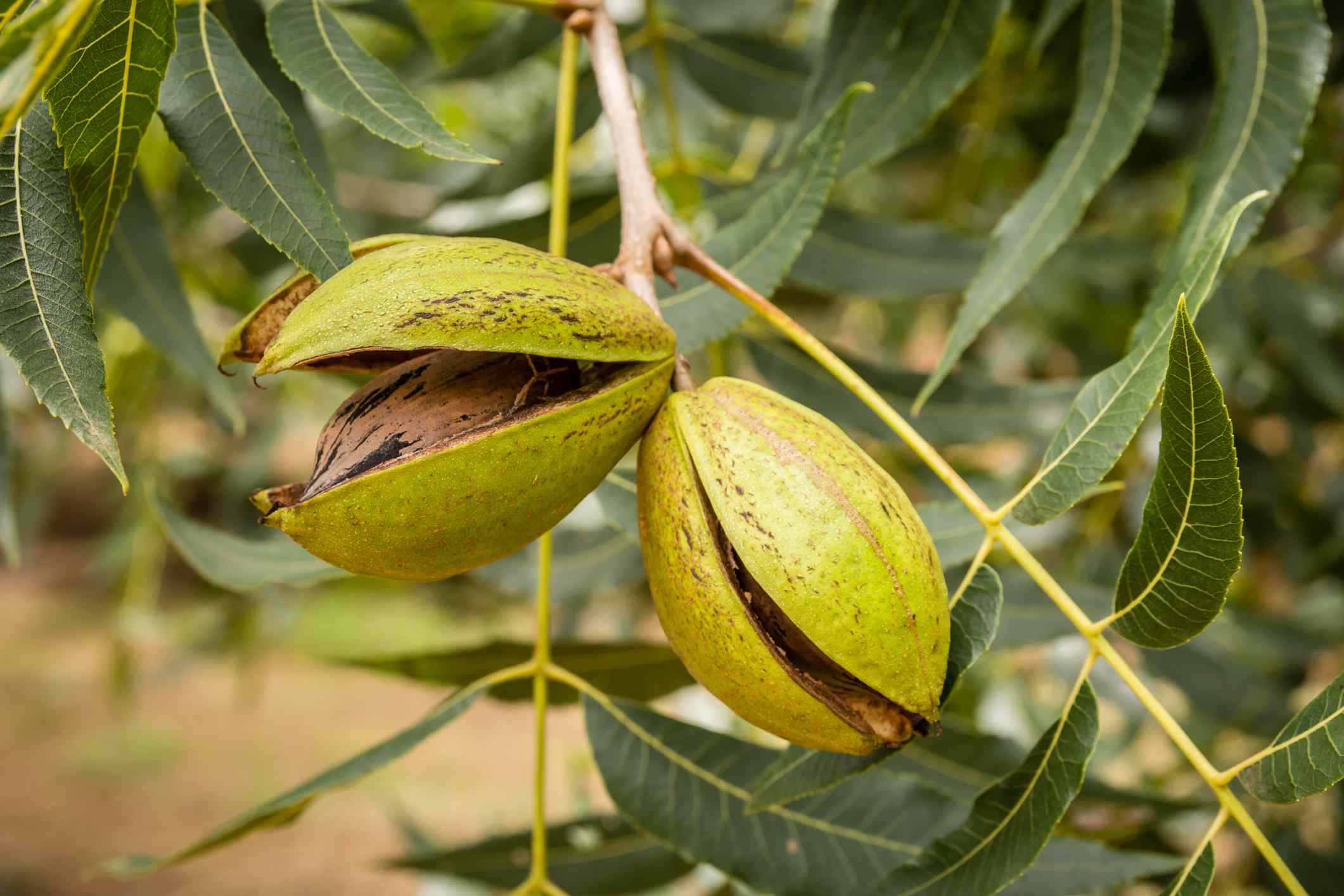
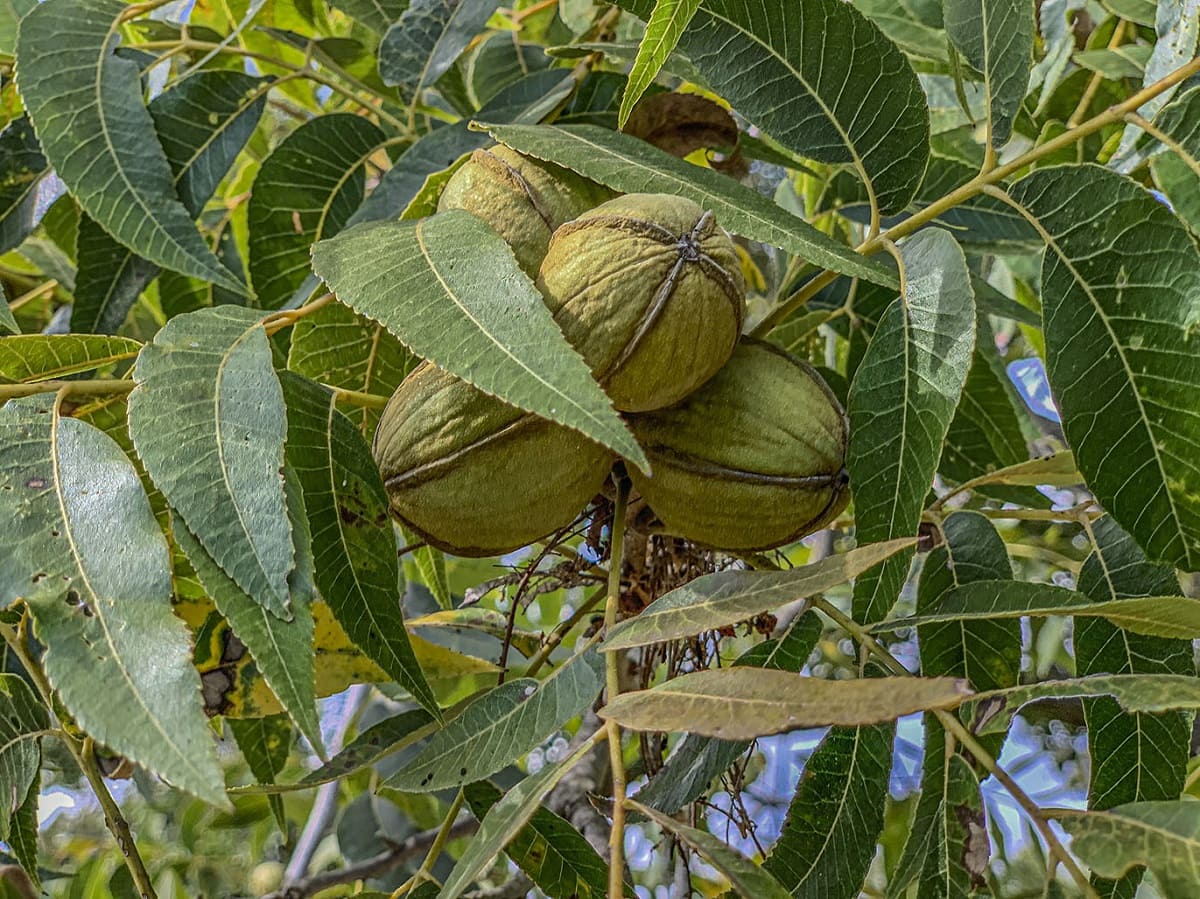

0 thoughts on “How To Store Pecans”